The transitions that Kenya has experienced since its Independence in 1963 can be viewed from a human rights lens. Political parties won elections by appealing to violations of various rights and promising that these would not only be upheld but also reparations made and violators punished.
The independence party Kanu mounted a campaign based on the right to land and to self-determination.
The fact that colonisation and colonial land injustices had dispossessed Kenyans of their ancestral lands was the rallying call that culminated in Great Britain throwing in the towel.
First President Jomo Kenyatta then embarked on the onerous task of trying to meet the high voter expectation of justice in land consolidation, tenure, transfer and use. To date, the achievement of land rights is outstanding among many communities.
The 1978 transition did not promise to address new human rights issues. Actually, President Daniel arap Moi stated that he would follow the “nyayo” (footsteps) of his predecessor.
But in its 24 years, the Moi administration did not resolve land rights. It even proceeded to the violation of many rights. These included speech, association, freedom and socioeconomic rights.
In addition, with the one-party state of affairs and detention without trial, civic and political rights were at great risk, resulting in the shrinking of the political space.
By the time of leaving power, Moi’s regime had violated many rights of numerous people and incensed voters in a manner that led to a groundbreaking landslide vote against his preferred party candidate.
Rights violated
The Narc campaign was strategically based on the actualisation of the rights violated in the “Nyayo” era. At the 2002 inauguration of President Mwai Kibaki, the air was pregnant with great expectations of remedying and restitution of the rights violated.
The 10 years of the Kibaki administration had a mixed bag of achievements. Inarguably, one of the most important achievements culminated in the enactment of the current Constitution in 2010 which is feted to have one of the most progressive bills of rights.
The newly experienced freedom of speech meant that people could say anything—even against the President—and go home only expecting his classic “Bure kabisa (You’re useless”) response.
Although the socioeconomic rights of access to infrastructure, education and health improved, issues of prudent use of limited resources and equitable distribution of resources increasingly became a matter of concern.
To date, there are many unresolved economic crimes of this era.
The Jubilee campaign initially did not seem to have a rights issue. But when presidential candidate Uhuru Kenyatta and running mate William Ruto were indicted in the International Criminal Court (ICC), in The Hague, access to justice and the right to a fair trial became the campaign subject.
The “choices have consequences” warning confirmed that the rights issue of national sovereignty was at stake and emboldened voters in the 2012 election.
The “UhuRuto” duo did not promise voters upholding or restitution of any rights. Voters promised the two that they would protect their rights and delivered the votes, and then spent the next 10 years trying to identify and claim various rights they wanted to be promoted and protected.
It seemed that the administration was not beholden to any campaign promises, however, and appeared insensitive and distant to the people and their needs. No wonder, by 2022, voters were indignantly claiming that the Jubilee administration was insensitive to their plight and had not considered their socioeconomic welfare.
Covid-19 pandemic
The 2022 election was held in the aftermath of the Covid-19 pandemic as well as a major drought and the associated socioeconomic hardships. Voters were desperate for the realisation of their rights to food and health in addition to equity in opportunities to earn a livelihood.
No wonder, an anti-corruption platform of the rival Azimio coalition did not resonate with voters. Who was interested in the resolution of corruption tomorrow while there were immediate problems of “unga” today?
By stating that they understood the trials of ‘Mama Mboga’ and boda boda “hustlers”, Kenya Kwanza offered a better solution: Prices of maize flour and fuel would come down.
That was music to voters’ ears. Kenya Kwanza understood the plight of the vulnerable and marginalised and identifying as a hustler became a badge of honour. Voters responded accordingly.
Less than a year down the road, it may be too early to comment on the performance of the Ruto administration with respect to their human rights-related promises. But one thing is clear: Voter expectation is high. Very high. Voters expect—actually demand—their promised socio-economic rights. They are not interested in the state of the national coffers at the inauguration, the Russia-Ukraine war or the global recession. They want food and jobs. Period.
This is a tall order that portends difficult choices and requires a delicate balance between short- and long-term strategies. The narrative of the 2027 election is being drafted and the realisation of the rights of Kenyans as envisioned by the Constitution will, once again, be at stake and probably inform the voters’ decision at the ballot.
Prof Mutugi is a commissioner with Kenya National Commission on Human Rights (KNCHR). [email protected]


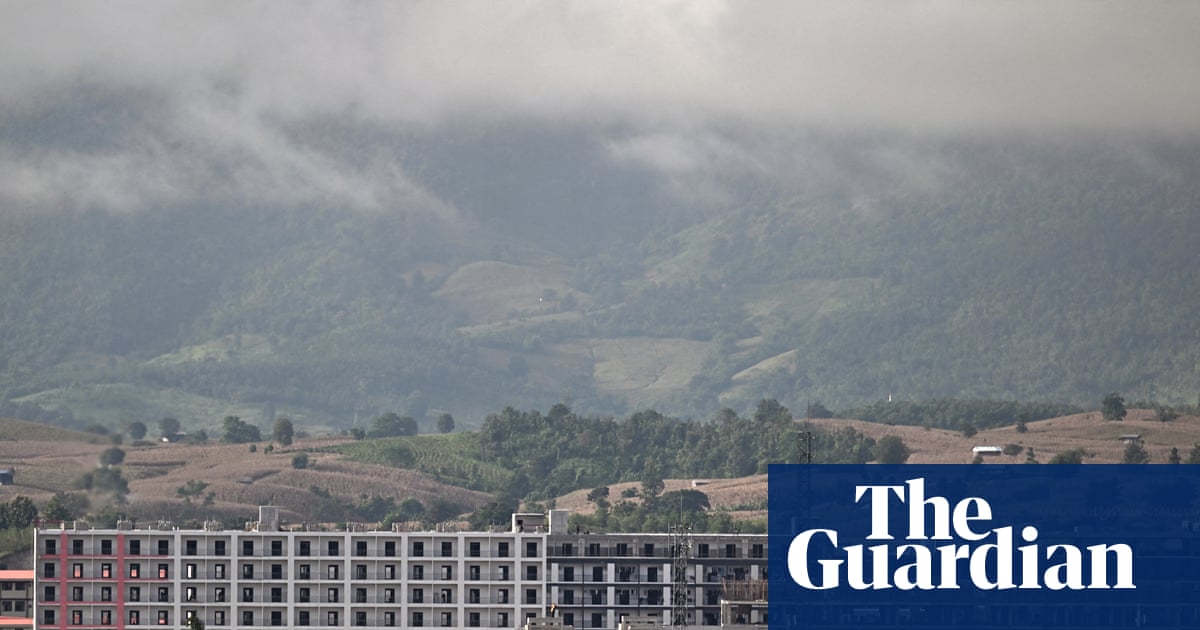
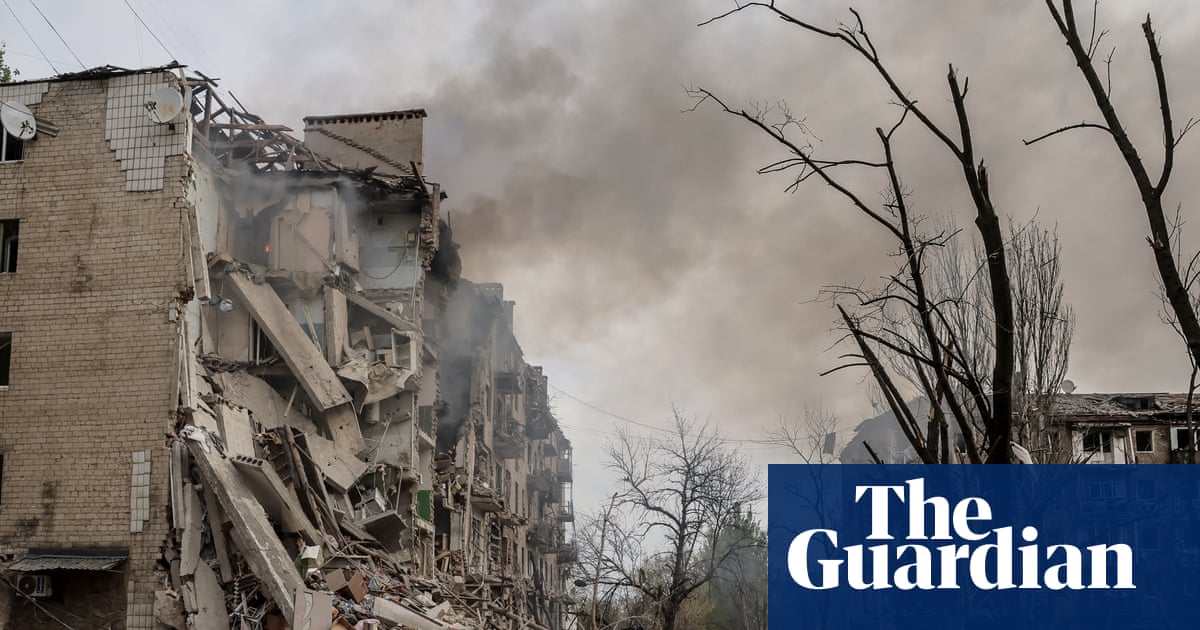

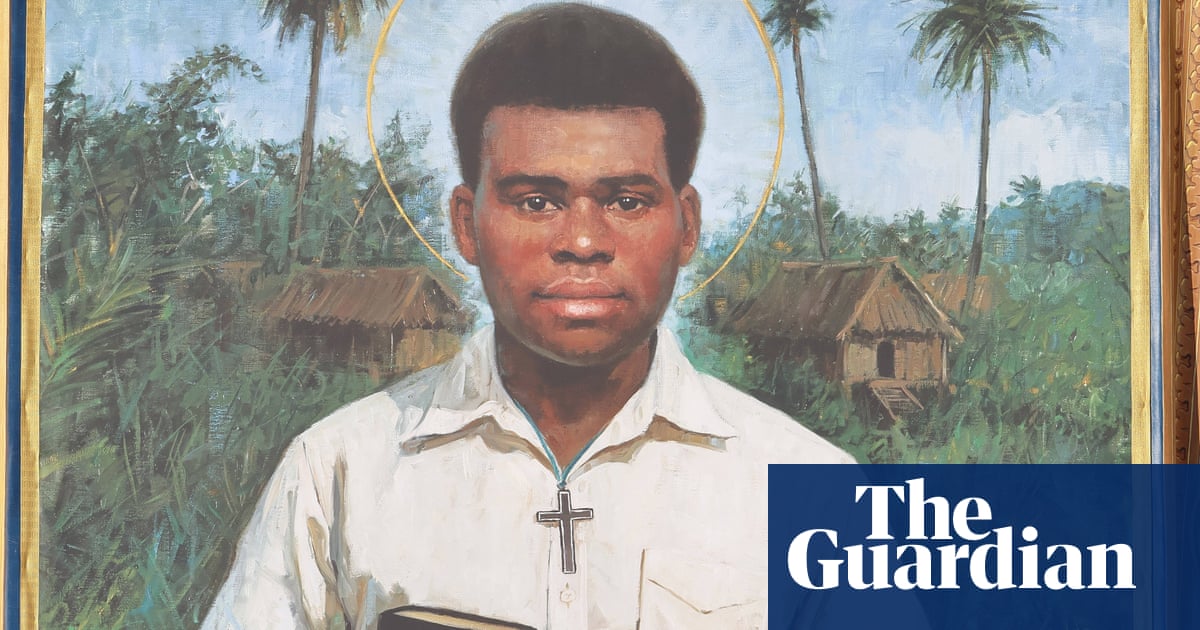
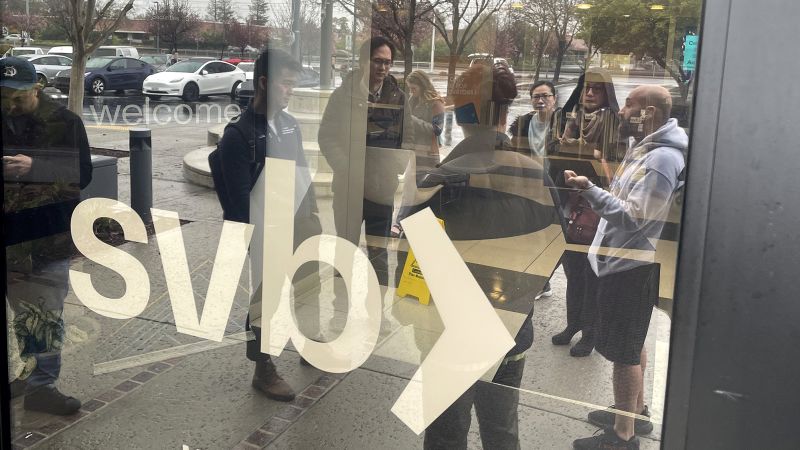

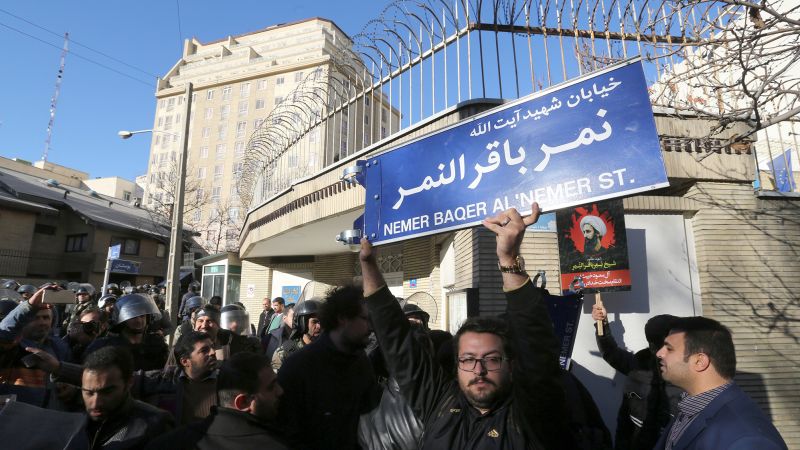
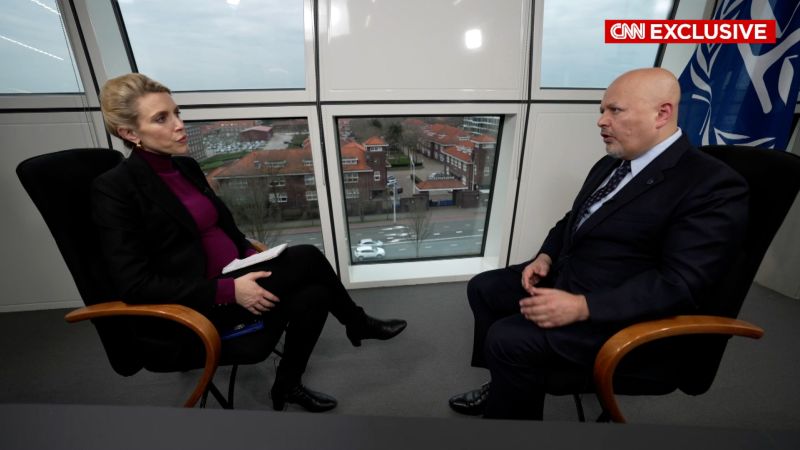
 English (US)
English (US)